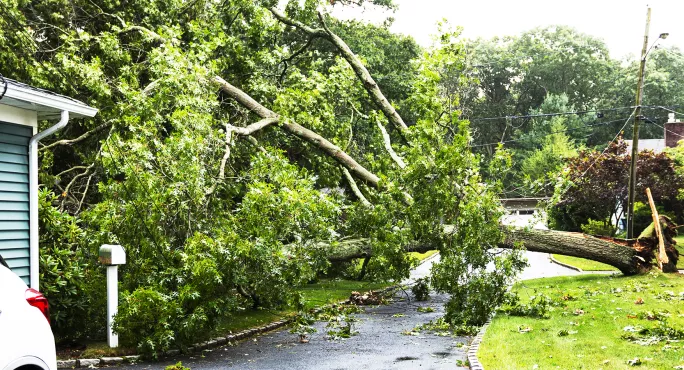Primary schools with lower Ofsted ratings have seen larger falls in pupil numbers compared with those graded “good” or “outstanding”, research shows.
Analysis by the National Foundation for Educational Research (NFER) also highlights evidence suggesting that falling pupil rolls have had a bigger impact on maintained schools than academies.
It finds, too, that when schools experience sharp drops in numbers they are more likely to reduce their overall number of classes, rather than the size of their classes.
The findings, published today in a blog on the issue of falling pupil rolls, show that primary schools rated as “requires improvement” or “inadequate” saw a bigger drop in numbers between 2017-18 and 2022-23.
Nationally, primary schools in England were operating at 91 per cent of their capacity in 2017-18, but this had fallen to 89 per cent by 2022-23.
However, over this time period there was almost no change in the number of pupils in primary schools with an “outstanding’” grade, relative to school places on average. The average school with a “good” grade tended to see a small increase in unused capacity, moving from being 91 per cent to 88 per cent full on average, the NFER says.
Schools hit by drop in pupil rolls
But for schools graded “requires improvement” or “inadequate”, the NFER says there was “quite a marked drop-off in pupil numbers, relative to school places on average”. These schools also tended to have the most unfilled places on average.
The analysis shows that schools judged to be less than “good” saw larger drops. Schools that were rated “requires improvement” were 82 per cent full on average in 2022-23, compared with 87 per cent five years earlier. “Inadequate”-rated schools were 79 per cent full, compared with 84 per cent five years earlier.
It was announced earlier this month that Ofsted would no longer be issuing overall graded inspection outcomes this academic year, and will move to a report card inspection reporting system in 2024-25.
The NFER also says there is some evidence that, between 2017-18 and 2023-24, schools that have consistently been academies have been impacted less by falling pupil rolls than schools that have consistently been maintained.
For their analysis, researchers looked at 10 local authority areas inside London and another 10 outside of the capital with the largest falls in pupil numbers.
The blog also highlights how the overall drop in pupil numbers is largely being driven by declining numbers in London.
Nationally, state-funded primary pupil numbers have fallen by 1.5 per cent (around 70,000 pupils) since 2017-18. However, the NFER say this masks a different picture at the regional level.
London accounts for 50,000 of the drop in pupil numbers. The West Midlands and the East of England have both seen small rises.
Of the seven remaining English regions that have experienced falls in their primary pupil numbers, most have seen decreases of less than 1.5 per cent, the NFER says.
According to the research, revenue reserves data shows that, while there are funding pressures nationally, these have been exacerbated in areas of London with the biggest falls in pupil numbers.
Michael Scott, senior economist at the NFER and a co-author of the blog, said: “Our analysis shows falling numbers are not always felt equally. Primary schools with worse Ofsted grades have tended to see larger falls than those with better grades, putting additional pressure on those schools and their leaders.
“We also found that, in some circumstances, academies haven’t seen such large declines as local maintained schools.”





